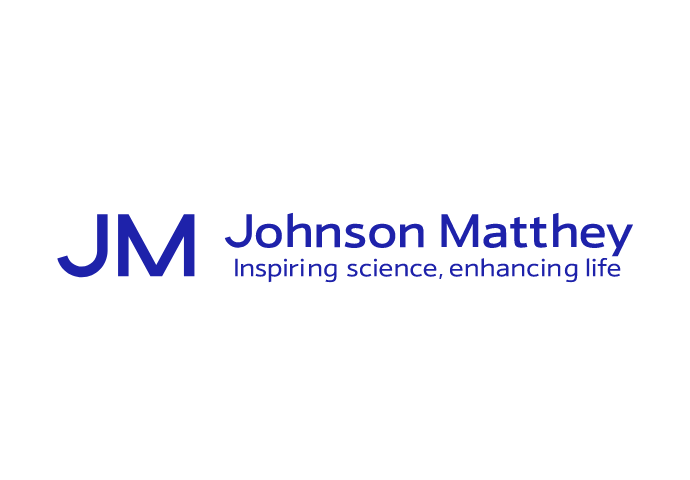-
Johnson Matthey and Honeywell are combining expertise to provide a comprehensive end-to-end solution to produce fuels from a wide variety of feedstocks.
-
The new partnership builds on an existing partnership in low carbon (CCS-enabled) hydrogen.
The partnership brings together JM’s leading syngas solutions and Honeywell UOP’s market-leading expertise in fuel upgrading technologies. By bringing together the two technologies, Honeywell and JM expect to drive down operating costs and accelerate the deployment of viable projects producing fuels via Fischer-Tropsch (FT) or methanol routes.
The FT route will combine JM and bp’s co-developed FT CANS™ technology, with Honeywell’s FT Unicracking™ technology refining the product to a “drop-in” sustainable aviation fuel (SAF) that, once blended, complies with strict aviation industry standards. The methanol route will bring together Honeywell UOP eFiningTM technology & JM’s methanol technologies, including eMERALDTM e-methanol technology to provide an end-to-end solution for methanol to jet.
Alberto Giovanzana, Managing Director – Catalyst Technologies at Johnson Matthey, said: “JM and Honeywell both have a strong track-record of solving the world’s emission and energy challenges, and we’ve shown customers the value of bringing together our technologies for their sustainable fuel projects. Consolidating our offerings into a one-stop solution helps reduce project costs and accelerate implementation.”
JM and Honeywell have a strong and growing pipeline of projects. The joint offering has already been selected for DG Fuels’ proposed FT CANS SAF plant in Louisiana, USA, which has a planned capacity of 600,000 metric tonnes per year. JM and Honeywell have also shown that by integrating JM’s eMERALD™ and Honeywell UOP eFining™ technologies, additional SAF production worth over $200m can be delivered over the life of a typical CO₂-to-methanol SAF plant[1].
Kelly Seibert, Vice President & General Manager at Honeywell UOP said: "As demand for SAF continues to grow, the aviation industry is challenged by limited supplies of traditional SAF feedstocks such as vegetable oils, animal fats, and waste oils.
"Our work with JM will expand the feedstock options available in the industry to sources that are more plentiful, like waste bio-mass and municipal solid waste, ultimately helping improve our customers' ability to produce SAF."
This MoU builds on JM and Honeywell UOP’s existing partnership in CCS-enabled hydrogen – which brings together JM’s LCH™ technology and Honeywell’s leading carbon capture technology to:
-
produce low carbon intensity hydrogen at scale
-
and integrate Honeywell UOP’s technologies into JM’s CLEANPACE™ offering to decarbonise existing synthesis (syngas) gas plants.
Barry Glickman, General Manager of Honeywell Sustainable Technology Solutions said: “At Honeywell, we believe that collaboration is key to driving innovation in the energy transition. By working closely with JM, we are unlocking new opportunities for our customers to decarbonize operations and create a more sustainable future.”
[1] SAF cost savings are based on a 4000tpa SAF production at a SAF price of 2071 USD/Ton using JM and Honeywell’s integrated offer when compared with JM and Honeywell’s previous unintegrated offering. Calculations are based on a typical plant lifetime of 25 years.



